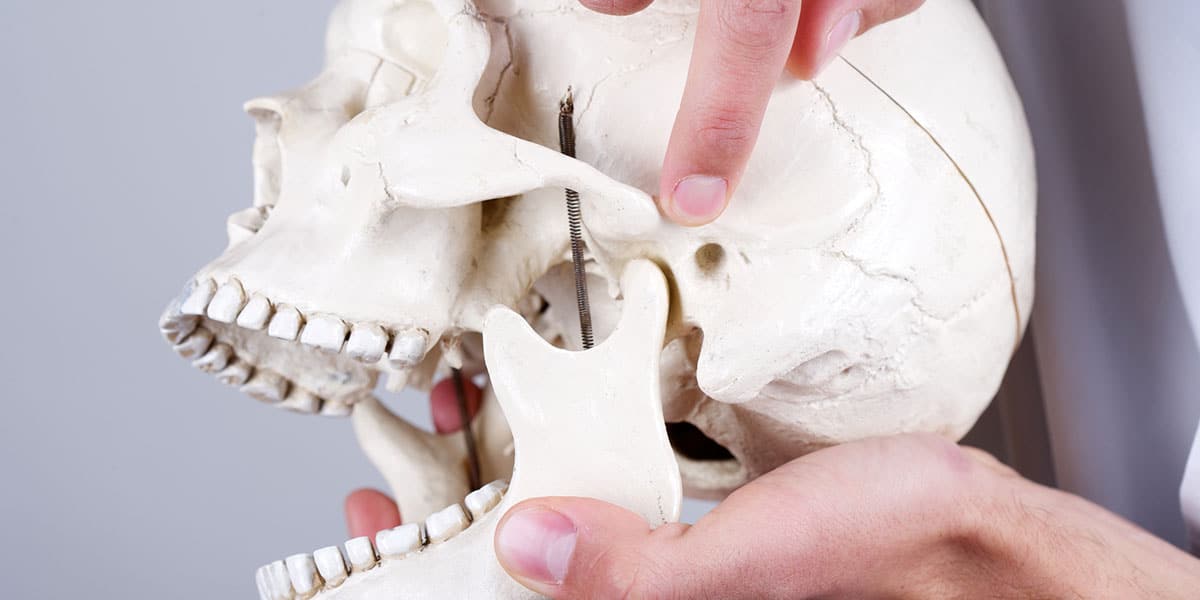TMJ Disorders

The temporomandibular joint (TMJ) connects the jawbone to the skull. TMJ disorders often cause discomfort in the cheek, jaw, or ear areas and can affect normal jaw function.
In less severe cases TMJ disorders can be treated with self-managed care (eating soft foods, using ice packs, avoiding extreme jaw movement) or nonsurgical treatments (anti-inflammatory medications, Botox injections, or stabilization splints). In more severe cases, surgical treatments (jaw joint replacements) may be necessary.
TMJ conditions fall into three main categories:
- Myofascial pain - discomfort or pain in the muscles that control jaw function (grinding teeth can result in this type of TMJ disorder)
- Internal derangement of the joint - a possible indicator of a displaced disc, dislocated jaw, or injury to the condyle
- Arthritis - a degenerative inflammatory disorder
Signs and symptoms of TMJ disorders are frequently intensified by stress and can include:
- Headaches
- Soreness in the cheek or jaw area
- Pain in or around the ears
- Facial pain
- Tight jaws
- Popping or clicking sounds when opening mouth
- Locking of the jaw
- Difficulty chewing
